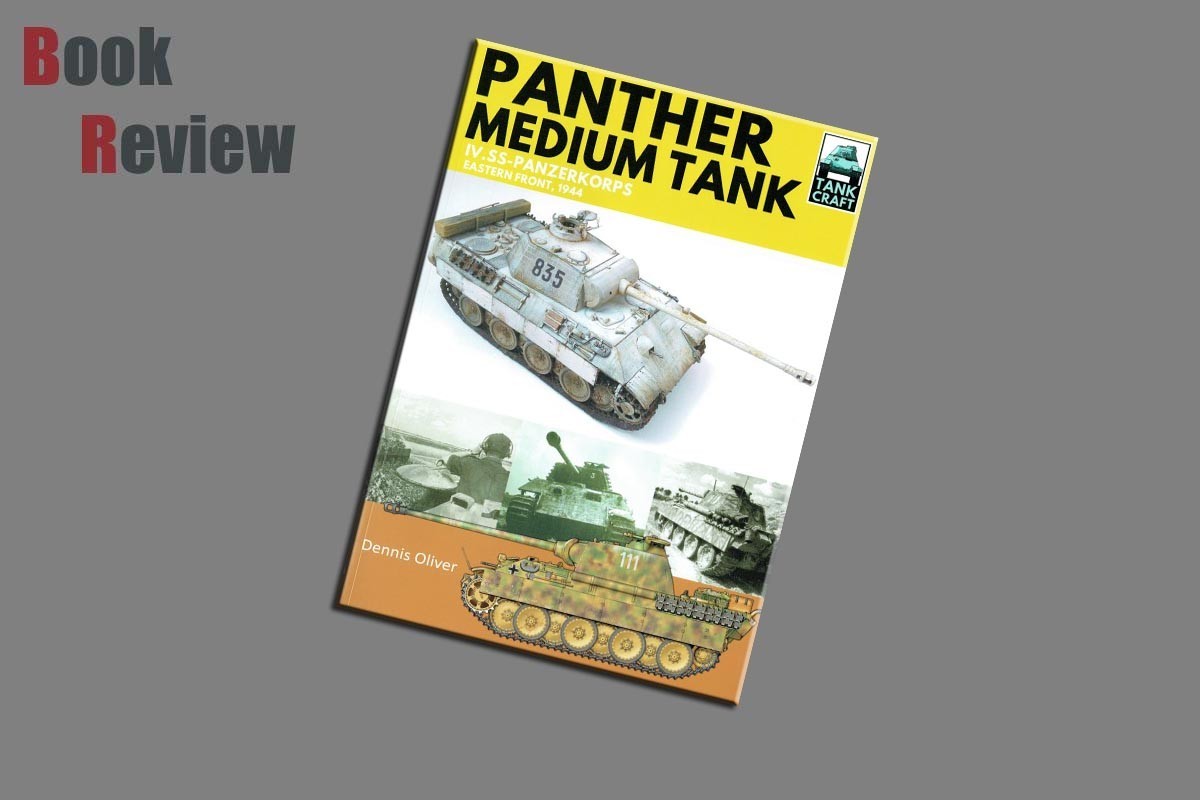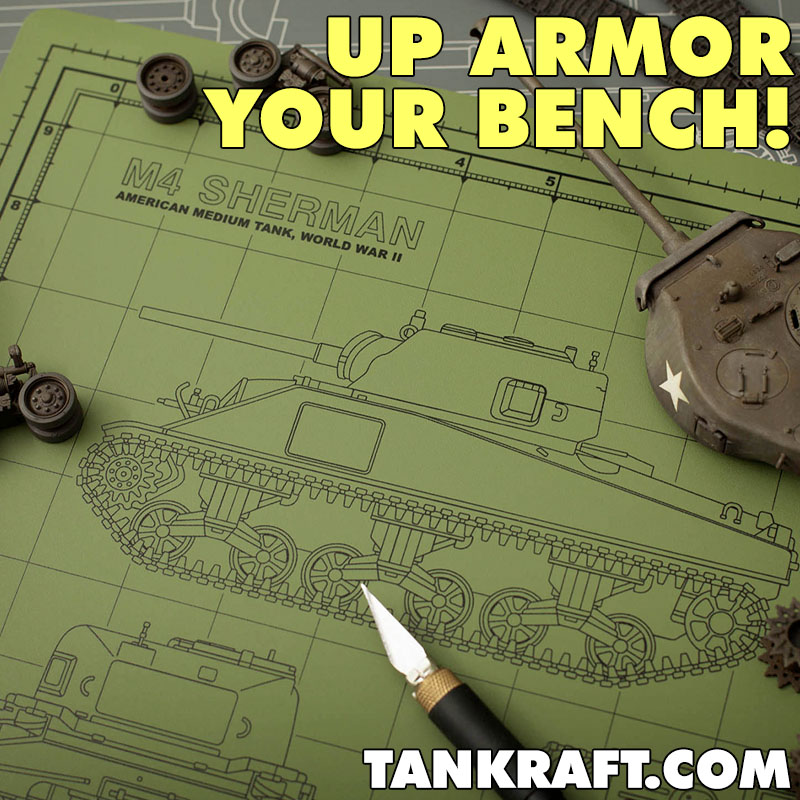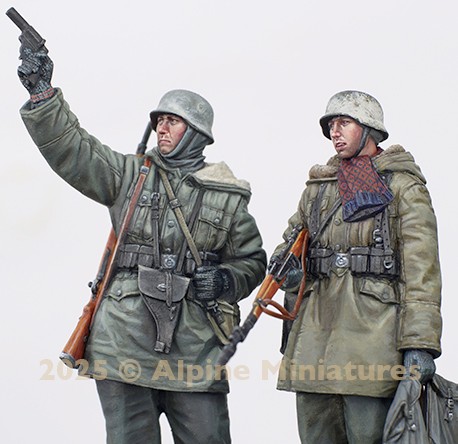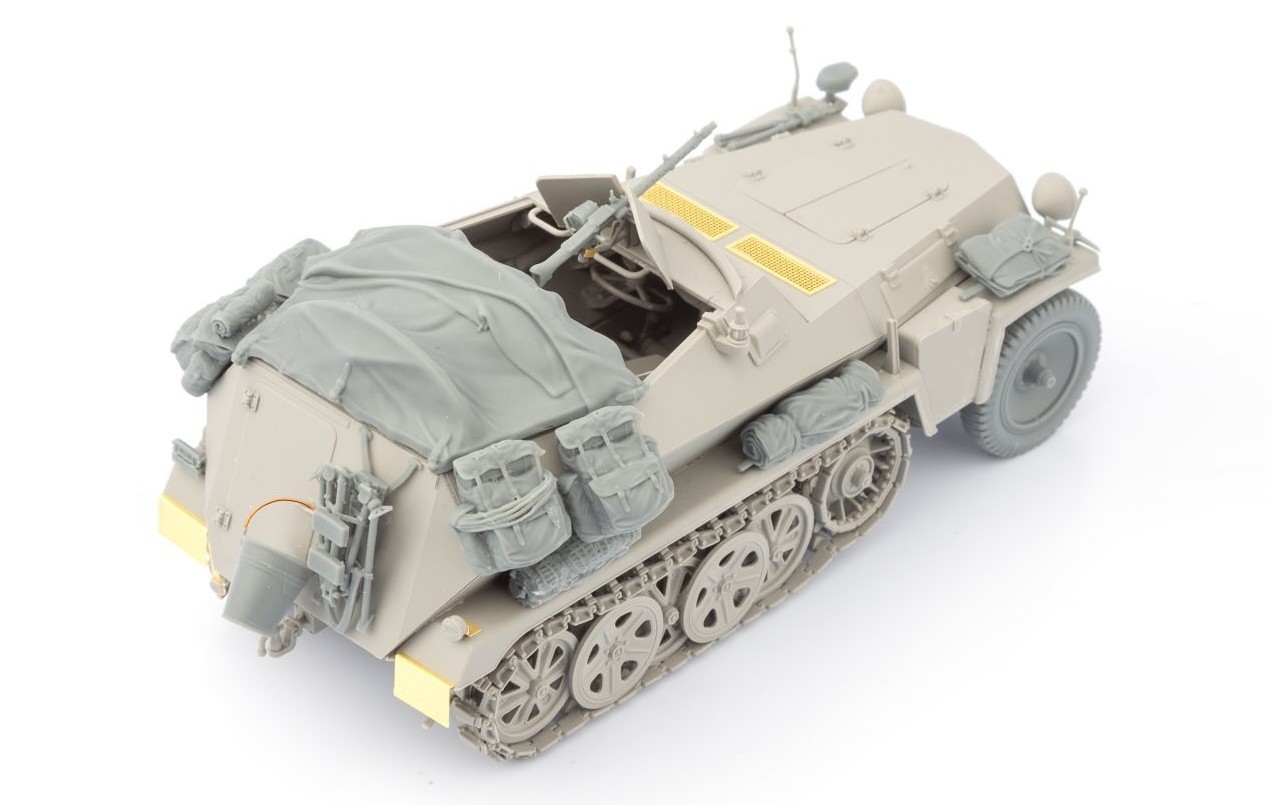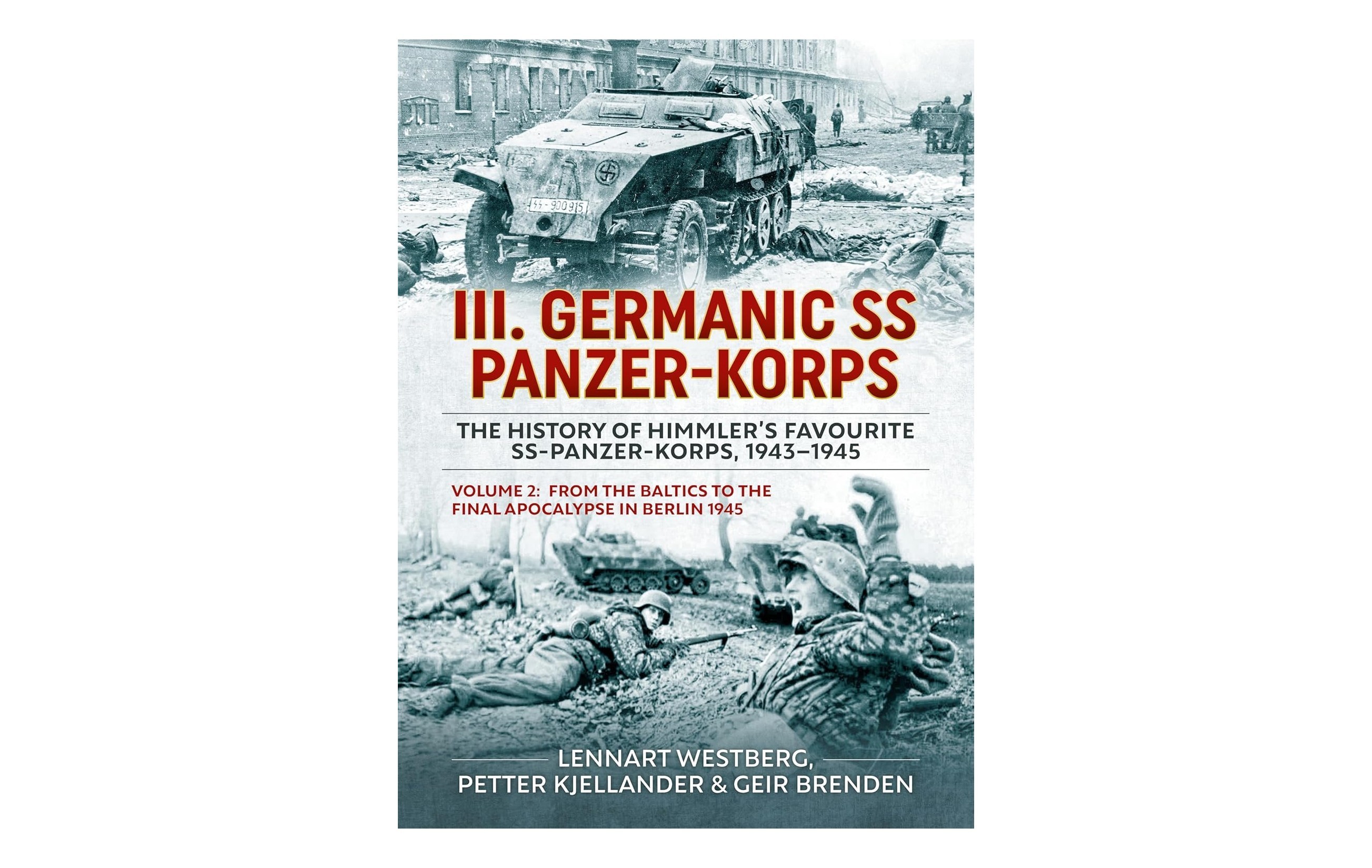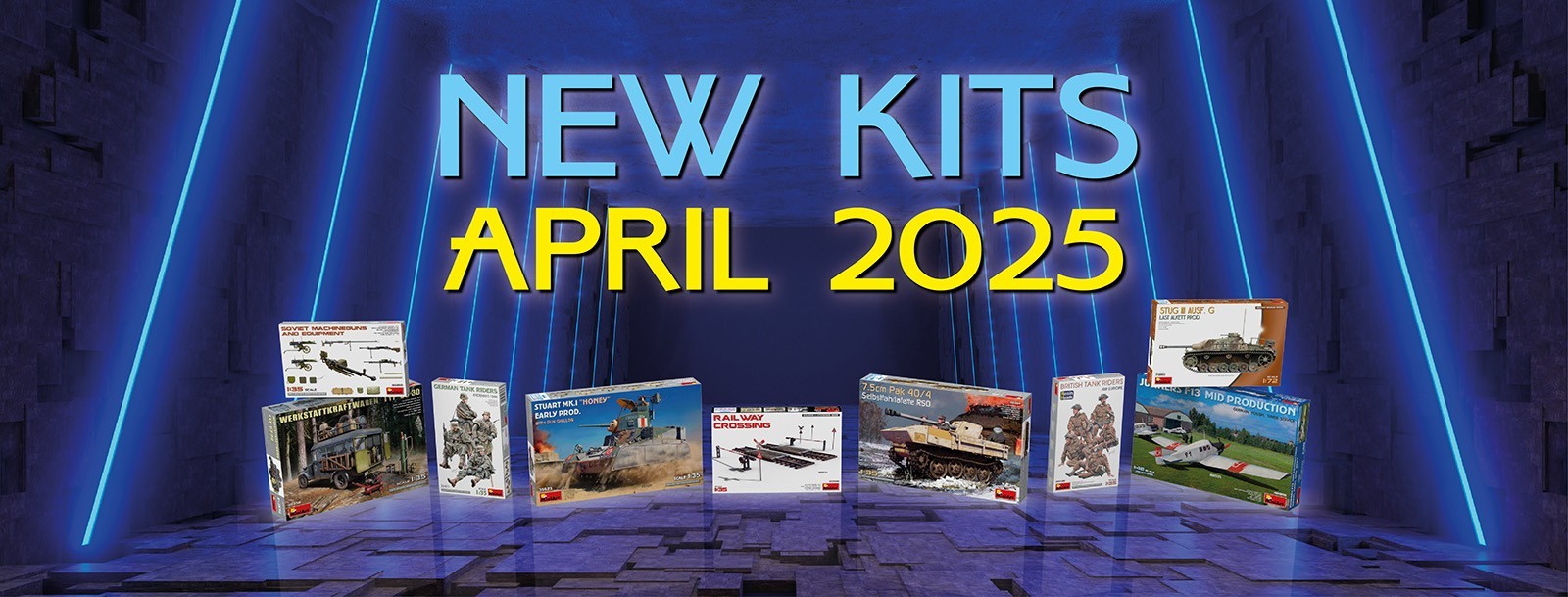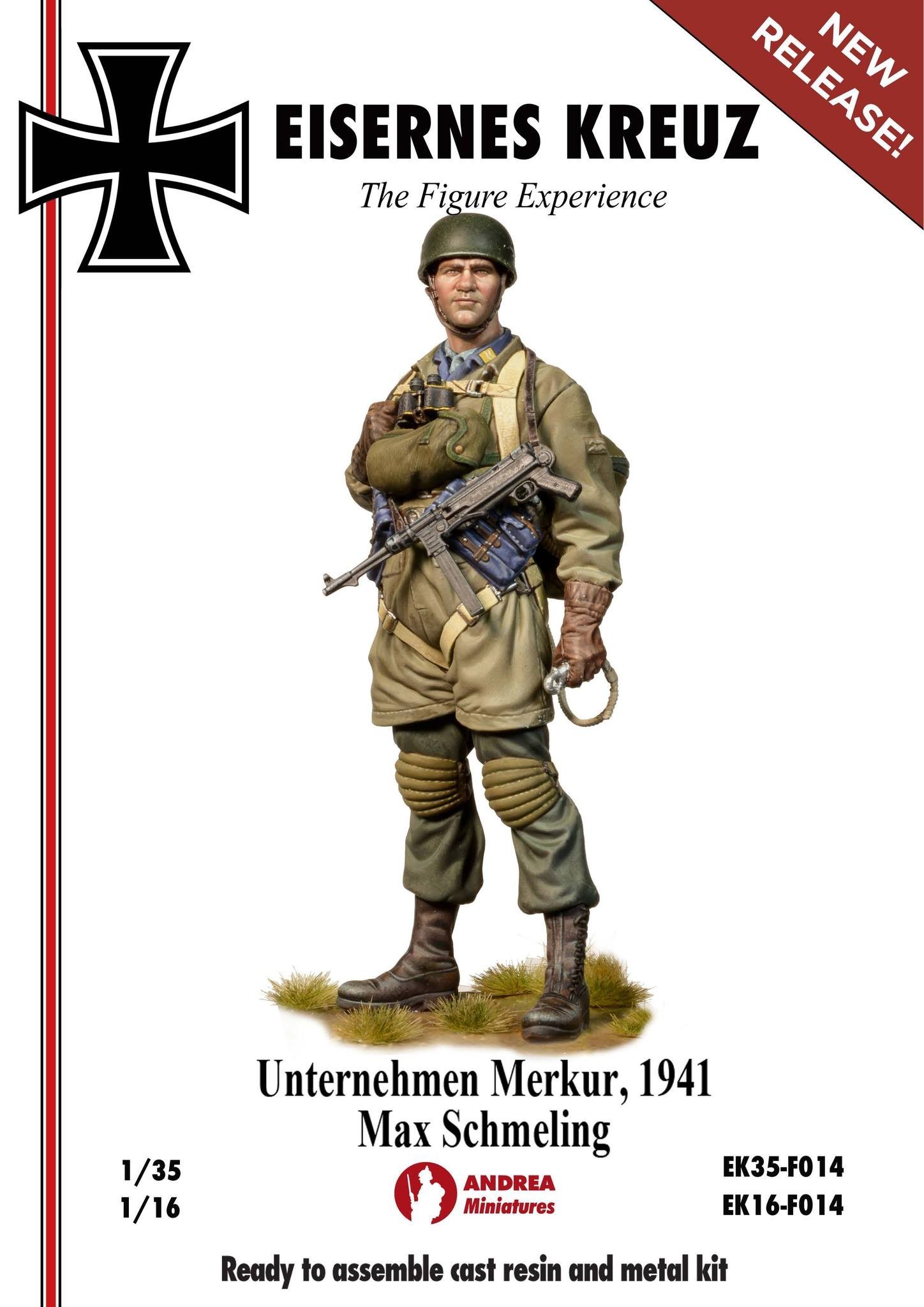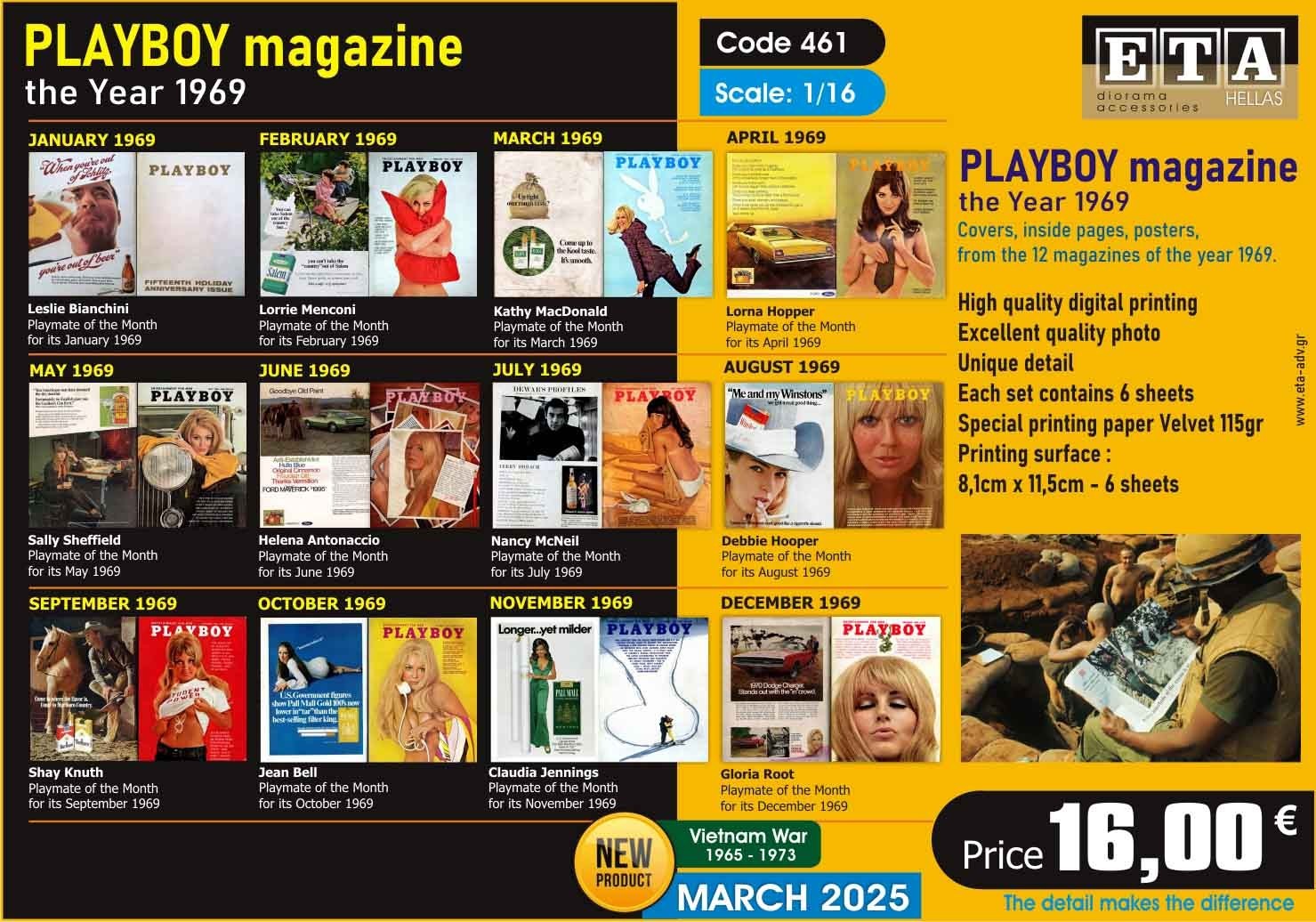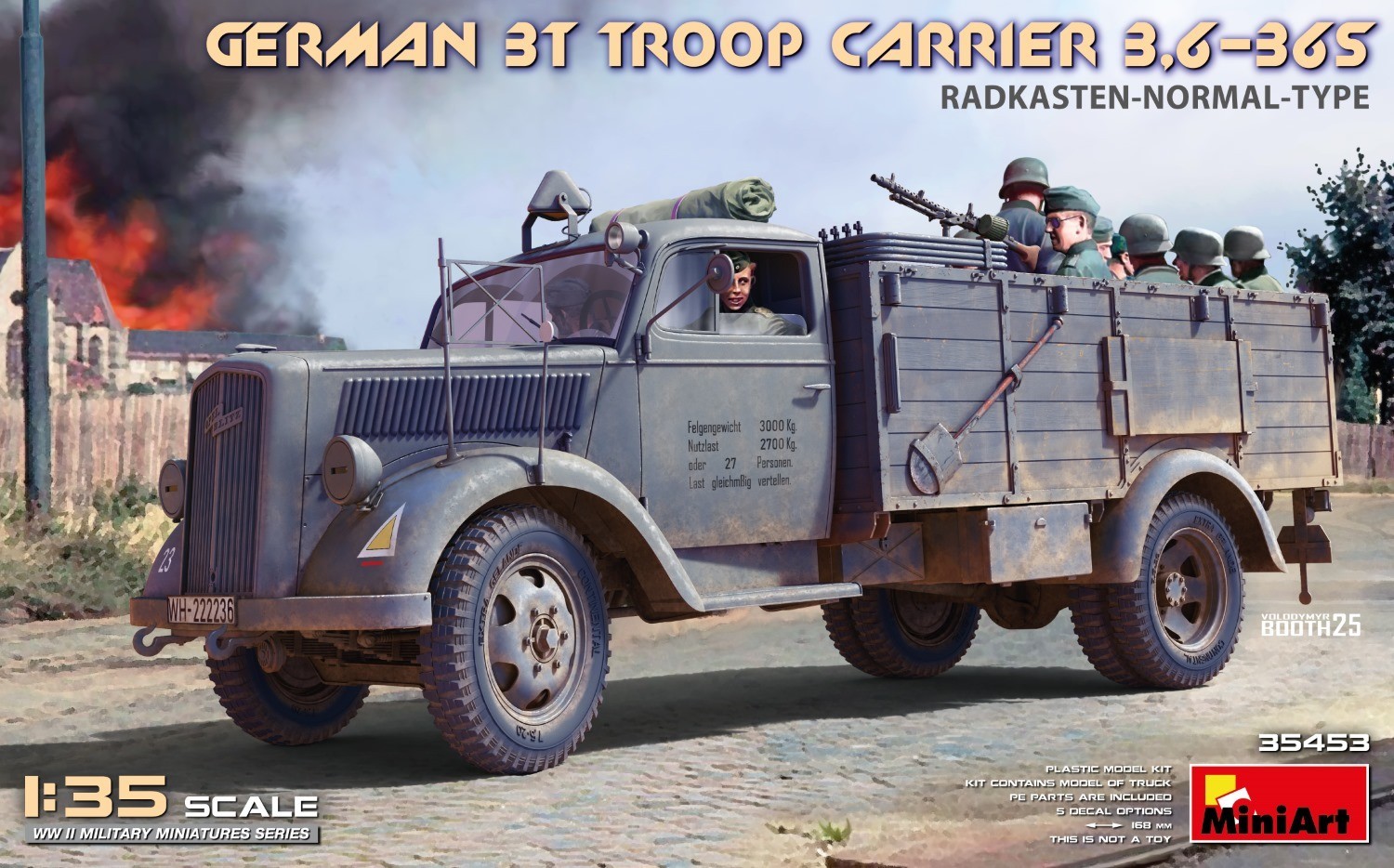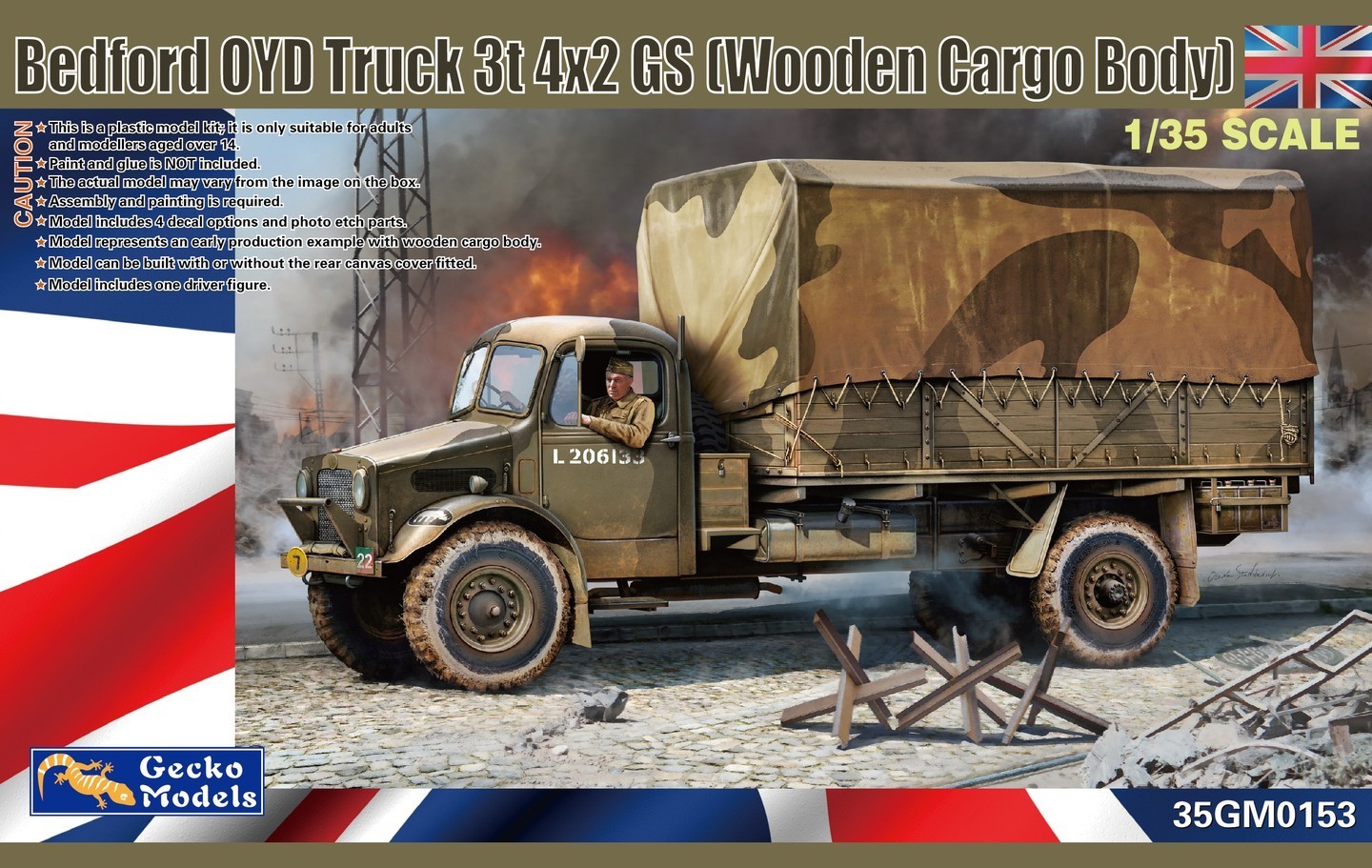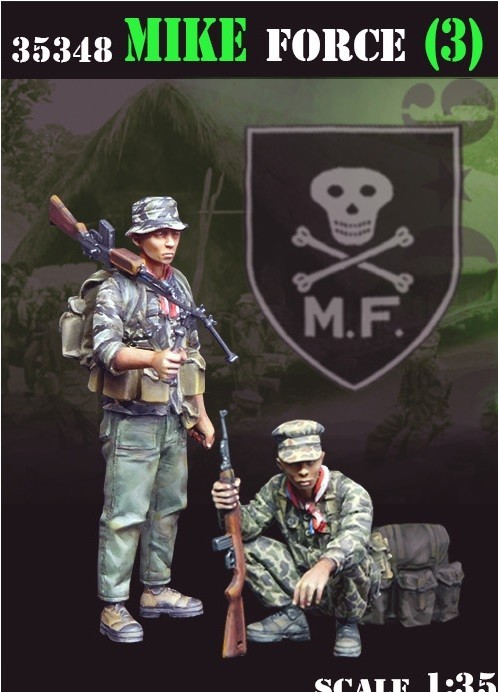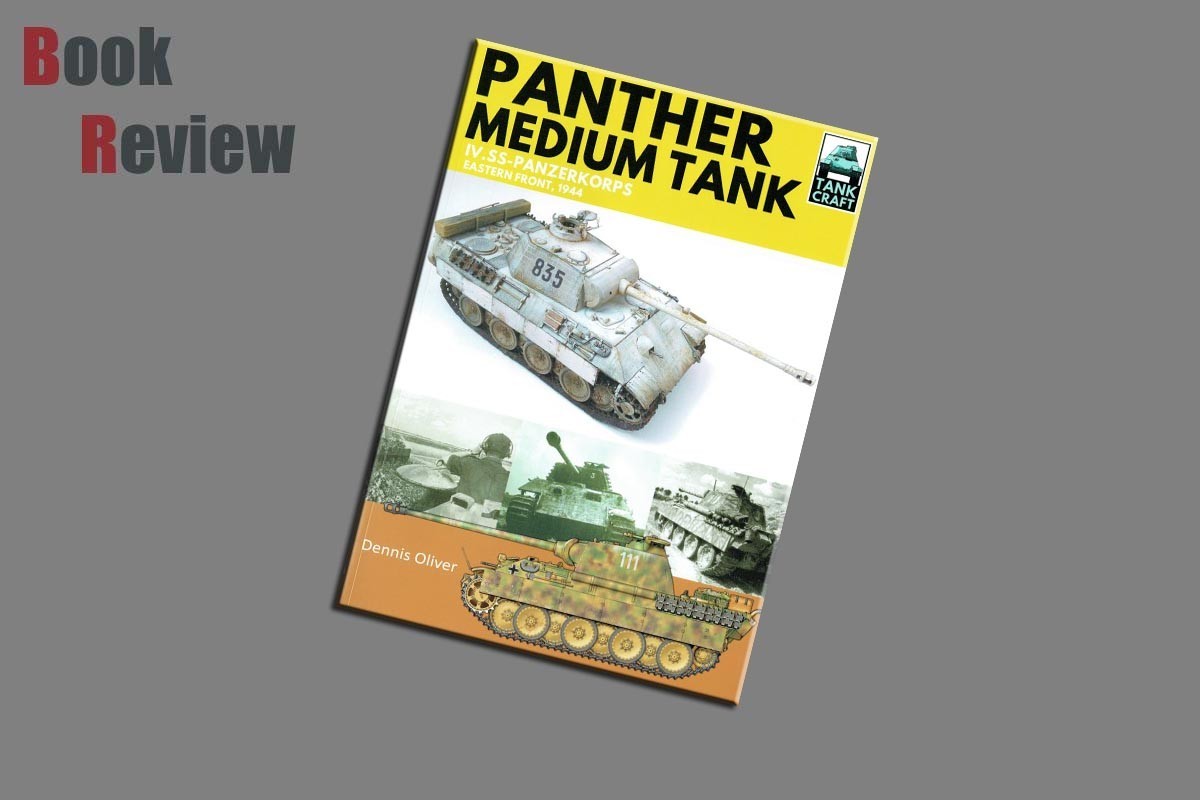
Introduction
The following is taken from the Pen and Sword website:
During the summer of1944 a series of massive Soviet offensives threatened to destroy the entire German army on the Eastern Front. As the Wehrmacht scrambled to hold what ground it could many formations simply disappeared and the available armoured units were used to plug the gaps in the frontline. One of the most important elements of the defence was the newly raised IV.SS-Panzer korps which contained the veteran Totenkopf and Wiking divisions. Although both were well equipped their real striking power lay in the battalion of Pz.kpfw V Panther tanks with which each was outfitted, perhaps the most effective armoured fighting vehicle produced by Germany during the Second World War. In Dennis Oliver's latest volume in the Tank Craft series he uses archive photos and extensively researched colour illustrations to examine the Panther battalions of these famous units that fought to hold back the Soviet advance during the last months of 1944. A key section of his book displays available model kits and aftermarket products, complemented by a gallery of beautifully constructed and painted models in various scales. Technical details as well as modifications introduced during production and in the field are also examined providing everything the modeller needs to recreate an accurate representation of these historic tanks.
Review
This offering from Pen and Sword is authored by Dennis Oliver; Dennis Oliver has authored a good number of titles within this series, and has a very good knowledge of armour used both by the Allies and Axis forces during world War II and which he shares with us here. This is a soft backed book, with a good card cover protecting 64 pages of semi gloss paper. The contents of this title is laid out as follows:
Introduction
The Eastern Front 1944
IV SS Panzer Korps
Camouflage and Markings
Model Showcase
Modelling Products
Technical Details and Modifications
Product Contact Details
Dennis Oliver begins the book, on the Panther tank before giving a breakdown in bullet form of actions on the Eastern front between 6th January 1944 to 27thDecember 1944. Some period photographs are included of Panther involved in some of these actions, before moving on to listing units that were equipped with the Panther and the make up of those units. Unfortunately this title as with most of the others places what I call the modelling contents of the title in the middle of the publication, thus splitting up the text on the vehicle, which I find a tad irritating, as it breaks up the flow of the title. The technical details and modifications of the title looks at identifiers to distinguish one type of Panther from another, not always an easy task. This section of the book has a good mix of photographs to text, which are well captioned and which I found to be visually pleasing.
Returning to the middle of the title, there are ten pages of artists representations, primarily from the left or right. However the value of these is increased with the addition of detailed areas of the artists work, being shown from different angles, and period photographs used when need be. The model gallery, is broken down as follows:
Panther Ausf A,SS-Panzer -Regiment 5, 1/35th scale Kevin D Potts
Panther Ausf A, Theodoros Kalamatas
Bergepanther Ausf D,SS-Panzer-Regiment 5, 1/35th scale Theodoros Kalamatas
Panther Ausf A, SS Panzer Regiment 3 Stanislav Noskovic
Of these the first offering by Theodoros Kalamatas, was the one I found the most interesting, as it showed some of the process that went into the building and finishing of the model. When it comes to models that are available of the Panther, you will not be surprised to find Dragon mentioned, along with a number of common staples such as Airfix, but I was particularly pleased to see Rye Field Models and Meng Model get some space in the title. When it comes to the after market items, a limited number of companies are covered and so is of limited use, but it does try to look at the usual parts replaced by modellers.
Conclusion
As always these books try to do a lot with a few pages, and Dennis Oliver does quite a good task of covering the Panther on the Eastern front. The section covering finished models is for me saved by covering some of what goes in to making a model and utilising after market parts. I am finding that the more of these titles that I cover, I think I would like to see one or two kits covered in more detail, rather than several examples of finished masterpieces, as I feel by covering a model build in more depth, it greatly increases the value of the title. However, as always I do like the books in this series.











